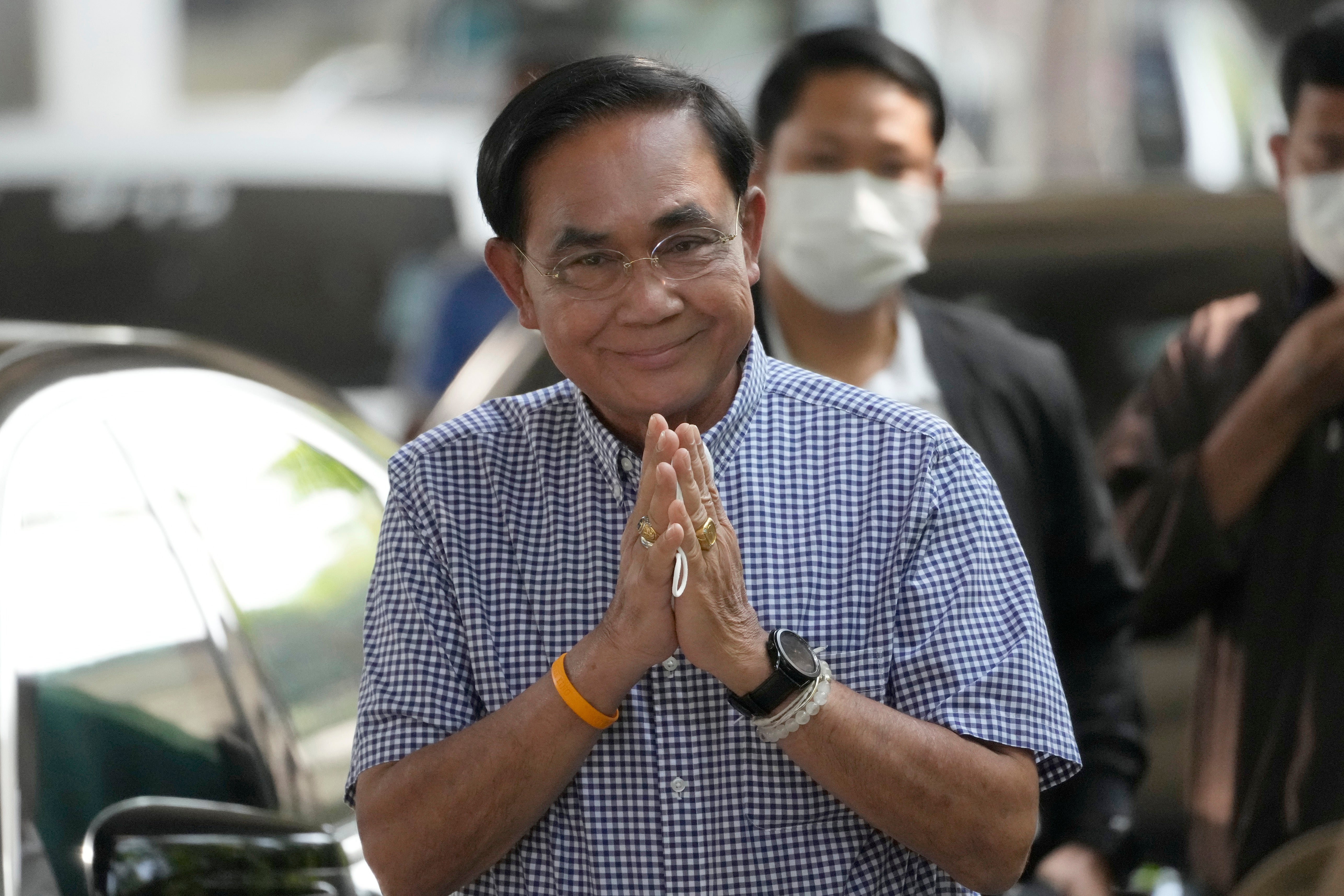Thailand's Prime Minister Paetongtarn Shinawatra has been dismissed by the Constitutional Court for an ethics violation after just one year, plunging the nation into uncertainty.
So what happens next?
Deputy Premier Phumtham Wechayachai and the cabinet will oversee the government as caretakers. Parliament will choose a new prime minister, on a date the house speaker decides, with no constitutional timeframe for the lower house to convene.
The ruling opens the door to a flurry of deal-making and horse-trading. Central to this will almost certainly be Ms Paetongtarn's influential father, 76-year-old Thaksin Shinawatra, the billionaire founder of Pheu Thai and former premier.
With many competing interests, the process could take time.
The ruling coalition holds a razor-thin majority of seven seats; any shifts in allegiance could prove costly for Pheu Thai and the Shinawatra political dynasty.
Who are the candidates for prime minister?
There are five remaining eligible candidates from those declared prior to the 2023 election. Pheu Thai had three initially, but is now left with only one, Chaikasem Nitisiri, 77, a former justice minister and attorney general who has kept a low profile, but has said he is ready to step up.
Another possibility is Anutin Charnvirakul, 58, an ambitious former interior minister and deputy premier whose Bhumjaithai party quit Ms Paetongtarn's coalition in June.
Also eligible are current Energy Minister Pirapan Salirathavibhaga, former deputy prime minister Jurin Laksanawisit, and ex-premier Prayuth Chan-ocha, a general who led a 2014 coup against the last Pheu Thai government. Mr Prayuth, 71, is retired from politics and is currently a royal adviser.

What is needed to become prime minister?
A candidate needs endorsement of 50 lawmakers before the house can vote. The backing of more than half of the lower house's current 492 members - or 247 votes - is required to become prime minister.
If the candidate fails, the house must convene again and the process will be repeated for any other candidates nominated, until a prime minister is chosen, with no time limit on the process.
What are the possible scenarios?
The chances of Pheu Thai retaining the premiership through Mr Chaikasem will depend largely on whether Mr Thaksin, despite Ms Paetongtarn's dismissal, still has an accommodation with Thailand's conservative establishment, which has far-reaching political influence and could easily torpedo his plans.
While the old guard has a troubled history with Mr Thaksin, some analysts say they may see him as the lesser of two evils. A weakening of his power could lead to an early election and open the door to the People's Party, a progressive and hugely popular opposition with an institutional reform agenda that threatens the interests of conservatives and the royalist military.
Despite his limited political experience, Mr Chaikasem as premier might be an agreeable stopgap solution but he would struggle to deliver on reforms or jumpstart a flat-lining economy. Political uncertainty could fester and the economic outlook could remain gloomy for some time.
Other scenarios include Bhumjaithai Party leader Mr Anutin as premier, who would need support from within the coalition he fled and from the People's Party, the largest force in parliament, which has signalled it may back him if he commits to an early election. Another is an awkward political compromise that sees the return of retired general Mr Prayuth, who would need to work with bitter enemy Pheu Thai.
Thai PM Paetongtarn Shinawatra removed from office over call with ex-Cambodia leader
Man arrested on suspicion of fraud after four cars have strikingly similar accidents
Artist who fled to UK after alleged Chinese censorship ‘does not feel safe at all’
Vietnam and China evacuate hundreds of thousands as Typhoon Kajiki nears
‘Young, ignorant’ vape users warned they could be caned for breaking law
Three killed in Vietnam as Typhoon Kajiki brings floods and blackouts







